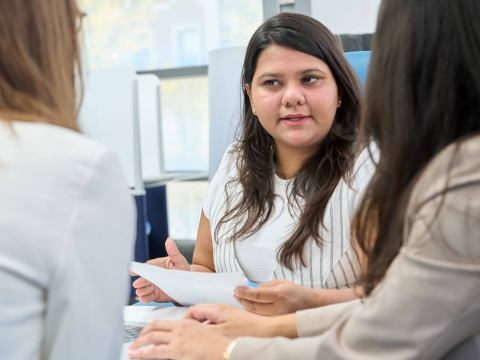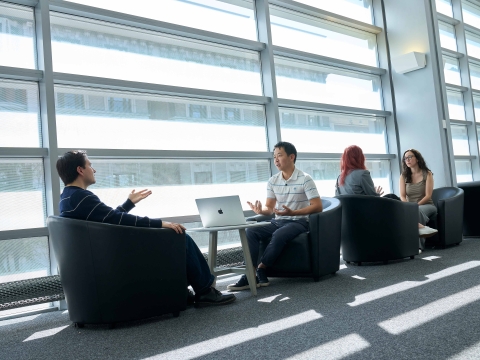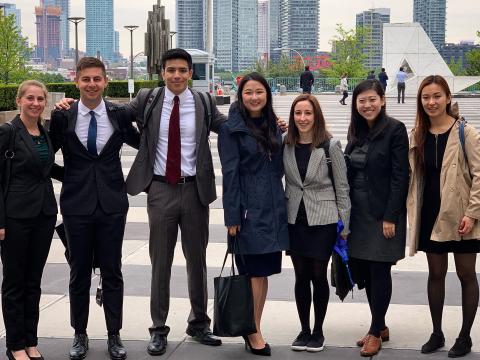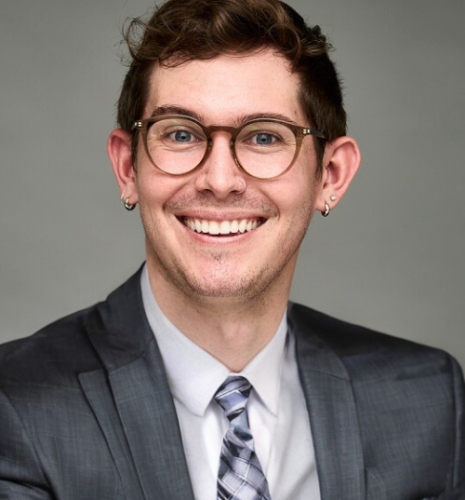In mediation, the parties are the experts of their conflict and decide the outcome. The mediator’s role is to help parties have a conversation, exchange information, and create an agreeable solution. Mediation allows parties to avoid the cost and risk of litigating their case in front of the judge and puts the power back in their hands to decide the case in a manner that is best for them. The Mediation Clinic provides free mediation services to parties; mediators serve as neutrals who guide the mediation process and explore possible resolutions to a conflict with the parties. Mediation is completely confidential, and if parties do not resolve their disagreement through mediation, they can still settle their dispute in court.
In the Mediation Clinic, students become approved mediators in New York state and lead cases every week. Student mediators conduct mediations at the Bronx Civil Supreme Court, online through New York State’s Presumptive ADR Program (PAP), and assist parties in federal employment discrimination cases from the Equal Employment Opportunity Commission (EEOC). Through the Clinic’s partnership with UNITAR, the United Nations Institute for Training and Research, student mediators have also presented at the United Nations, providing programming on mediation and negotiation skills training to delegates from all over the world.



